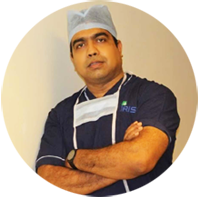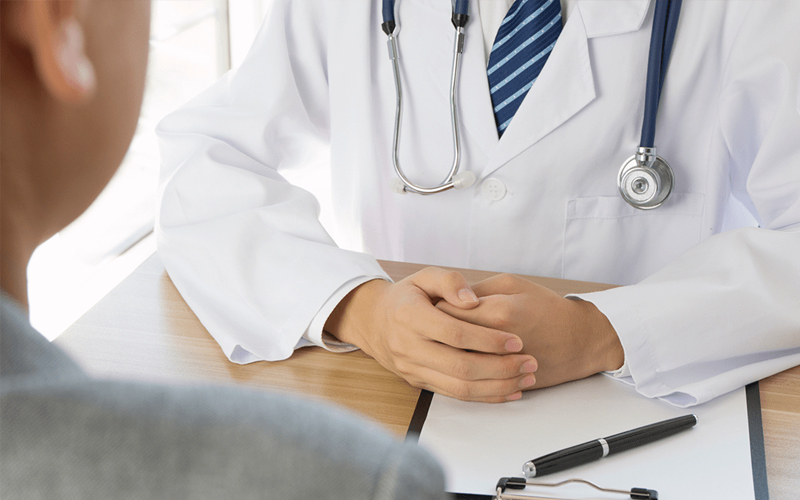
Colorectal Cancer is a type of cancer that affects a person’s rectum, colon, or both. This is also known as the large intestine.
Colon cancer is the second leading cause of cancer related death in developed countries.This type of cancer is more likely to appear in older individuals, but there are many other risk factors associated with its emergence, such as genetic and lifestyle factors.
Colorectal Cancer Aetiology is complex, involving both genetic and environmental factors. However, 50–80 percent of cases of colorectal cancer are considered due to environmental factors, such as dietary habits.

Prevention: What to Avoid
Numerous studies have indicated that a diet too rich in red meat is associated with a heightened risk of olorectal cancer. “Red meat” is defined by the World Health Organization (WHO) as “all mammalian muscle meat, including beef, veal, pork, lamb, mutton, horse, and goat.”
There are several potential underlying mechanisms for a positive association of red meat consumption with colorectal cancer, including the generation of potentially carcinogenic N-nitroso compounds. some meats are also cooked at high temperatures, resulting in the production of heterocyclic amines and polycyclic aromatic hydrocarbons. Red meat contains haem iron. Free iron can lead to the production of free radicals.
A study of North Italian populations showed that individuals who eat red meat alongside eggs, cheese, and other fatty foods — as well as refined starches — on a frequent basis had an almost twice higher risk of developing rectal or colon cancer than their peers who favoured a plant-based diet.
More recent research also revealed that “a daily increase of 100 [grams] of all meat or red meat is associated with a significant 12–17 percent increased risk of colorectal cancer.”
Processed Meat:
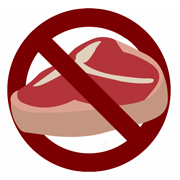
Processed meat is a convincing cause of colorectal cancer. Nitrates are added as preservatives to processed meats. They may contribute to N-nitroso compound production and exposure. These compounds are suspected mutagens and carcinogens. Many processed meats also contain high levels of salt and nitrite.
In 2015, a report published by the International Agency for Research on Cancer made the news by pointing out that every 50-gram portion of processed meat, such as bacon or salami, eaten every day increases a person’s risk of developing colorectal cancer by 18 percent.
This evidence led the WHO to classify processed meats as “carcinogenic to humans.”
Prevention: What to Eat
So, if a high intake of red meat and processed foods contributes to the risk of colorectal cancer, what should be eaten to protect our bodies from this outcome?
Foods containing dietary fibre, as well as fruits, garlic, milk, and calcium, probably protect against this cancer.
1) Foods Containing Dietary Fibre:
Fibre exerts several effects in the gastrointestinal tract, but the precise mechanisms for its probable protective role are still not clearly understood. Fibre dilutes faecal content, decreases transit time, and increases stool weight.
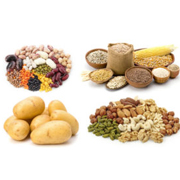
2) Milk:
Milk probably protects against colorectal cancer. any effect of milk in reducing colorectal cancer risk is likely to be mediated, at least in part, by calcium, which has direct growth-restraining and differentiation- and apop- tosis-inducing actions on normal and tumour colorectal cells. Milk includes many bioactive constituents, which may also play a role.
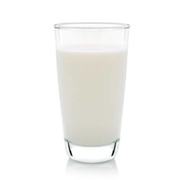
3) Fruits:
There is a substantial amount of evidence, though inconsistent, suggesting that fruits protect against colorectal cancer.
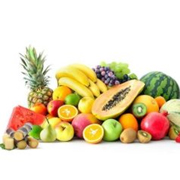
4) Garlic :
A published meta-analysis of seven studies that have examined the association of garlic consumption with colorectal cancer confirmed an inverse association, with a 30% reduction in relative risk.
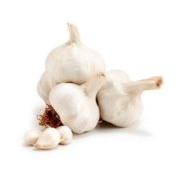
A study from the Loma Linda University in California found that vegetarian-style diets are linked to a decreased risk of colorectal cancer.
The researchers studied four types of plant based diet. These were:
• Vegan, or strictly no products of animal origin
• Lacto-ovo vegetarian, which includes dairy and eggs but no meat
• Pescovegetarian, which includes fish but no meat
• Semivegetarian, which includes meat and fish infrequently
All four of these plant-based diets were deemed to be less likely to lead to cancer than non-vegetarian diets.
One study from last year also suggests that the more colorful your meal the better, and that individuals should focus on integrating a rainbow of fruit and vegetables into their diets.
What to Eat During and After Treatment
According to guidelines from the Dana-Farber Cancer Institute in Boston, MA, people undergoing treatment for colorectal cancer should also favor the “rainbow plate” meals and eat a varied array of fruits and vegetables to support their immune system.
They advise patients to eat small but frequent portions and to stay hydrated and avoid alcohol and caffeine.
Research published last year in JAMA Oncology suggests that a diet high in sources of fiber may improve survival rates for patients with stage one colorectal cancer. Eating whole grains was also linked to a better treatment outcome.
As for the risk of developing a second cancer following treatment, the ACS say that it can be reduced by making the same healthful diet choices advised for the prevention of a first cancer. These include maintaining a healthy weight, placing “an emphasis on plant foods” in daily meals, and avoiding alcohol intake.
“This is important, considering that lifestyle, unlike genetic traits, is somewhat modifiable.”
This suggests that a “revamp” of personal health choices may go a long way toward supporting positive outcomes.
You can always Call or Email me for help
Mobile:
+91 80105 52552
Email:
drpunendubhowmik@gmail.com
